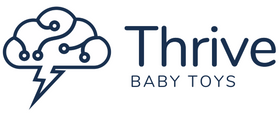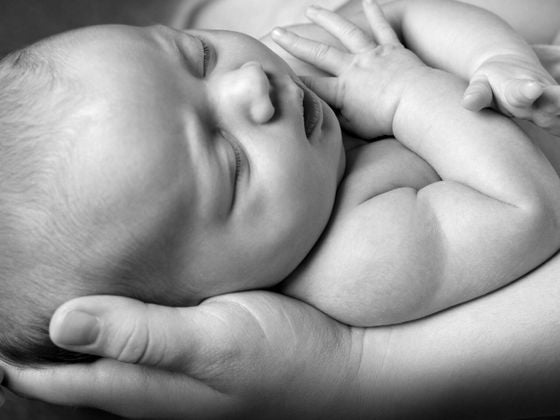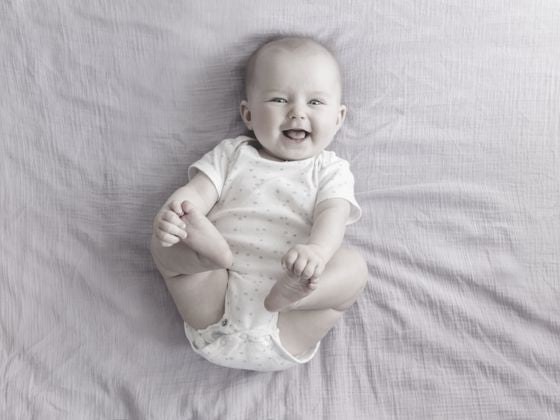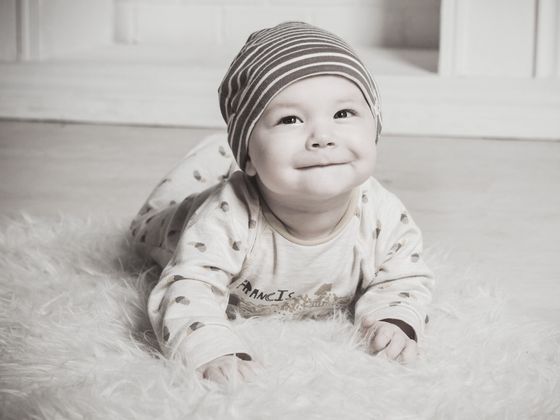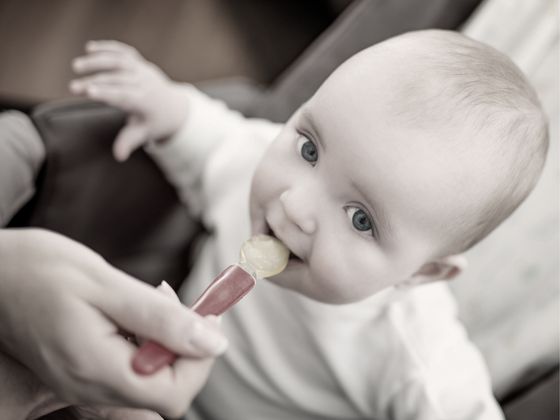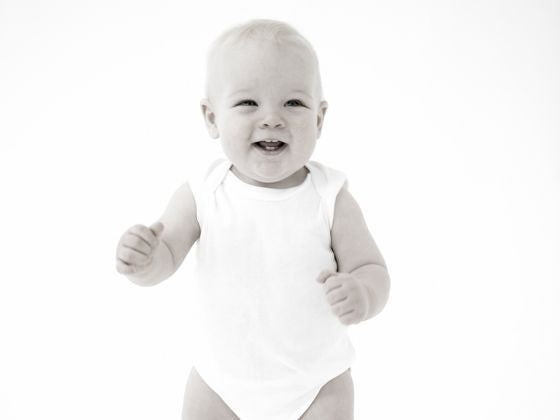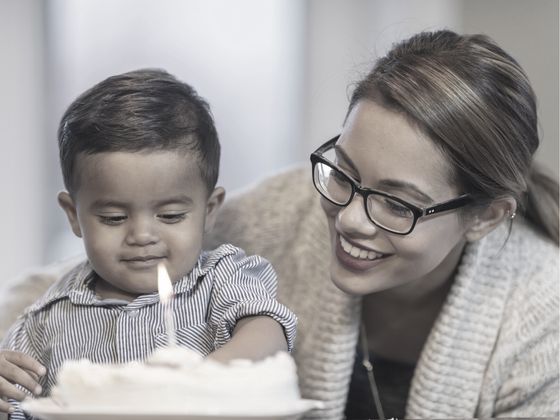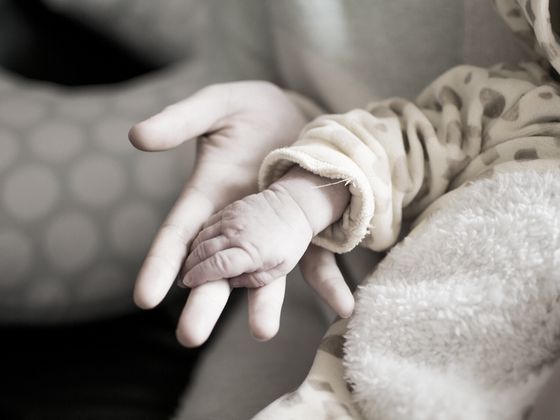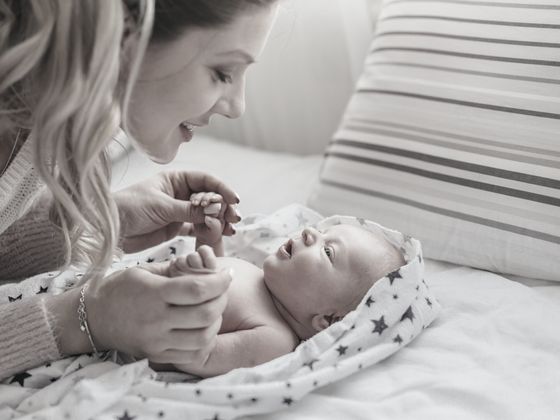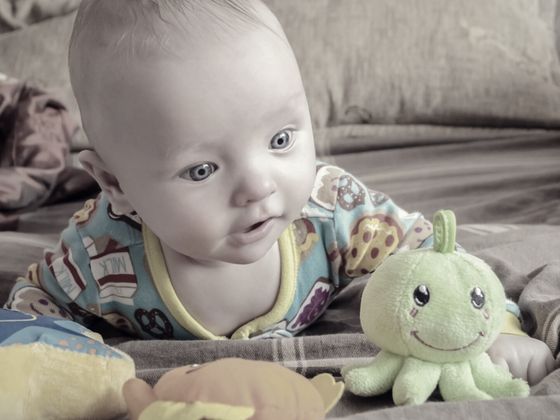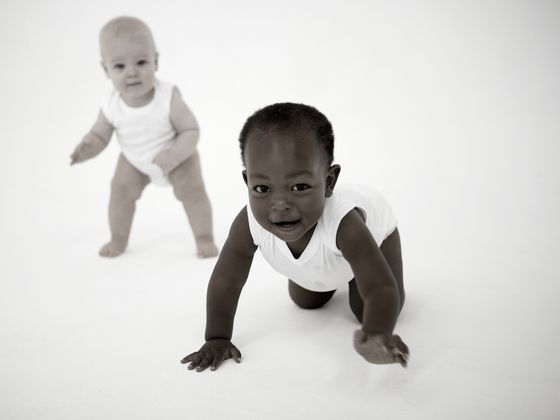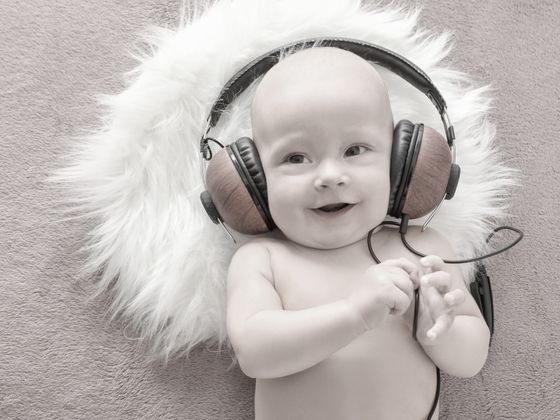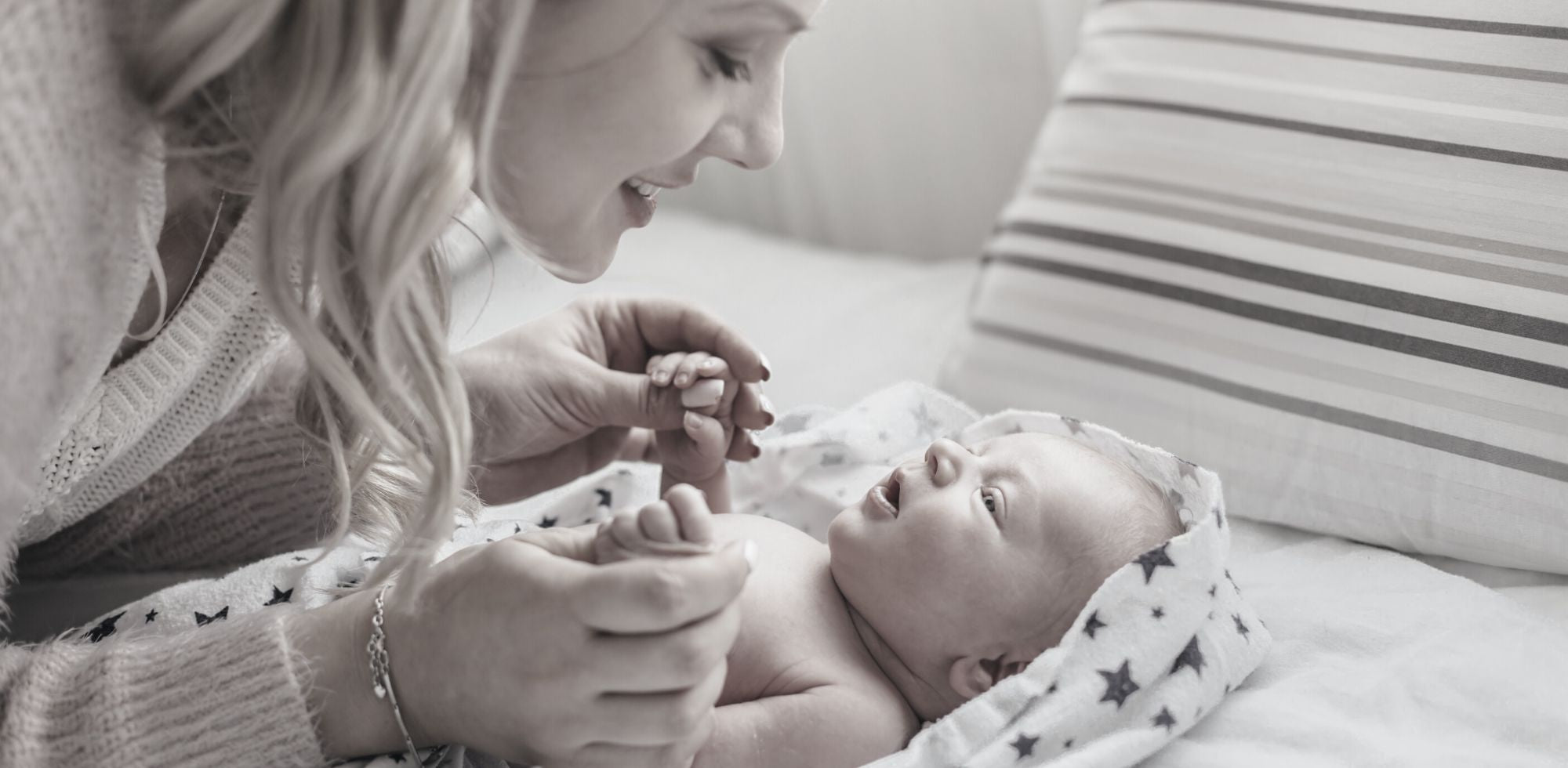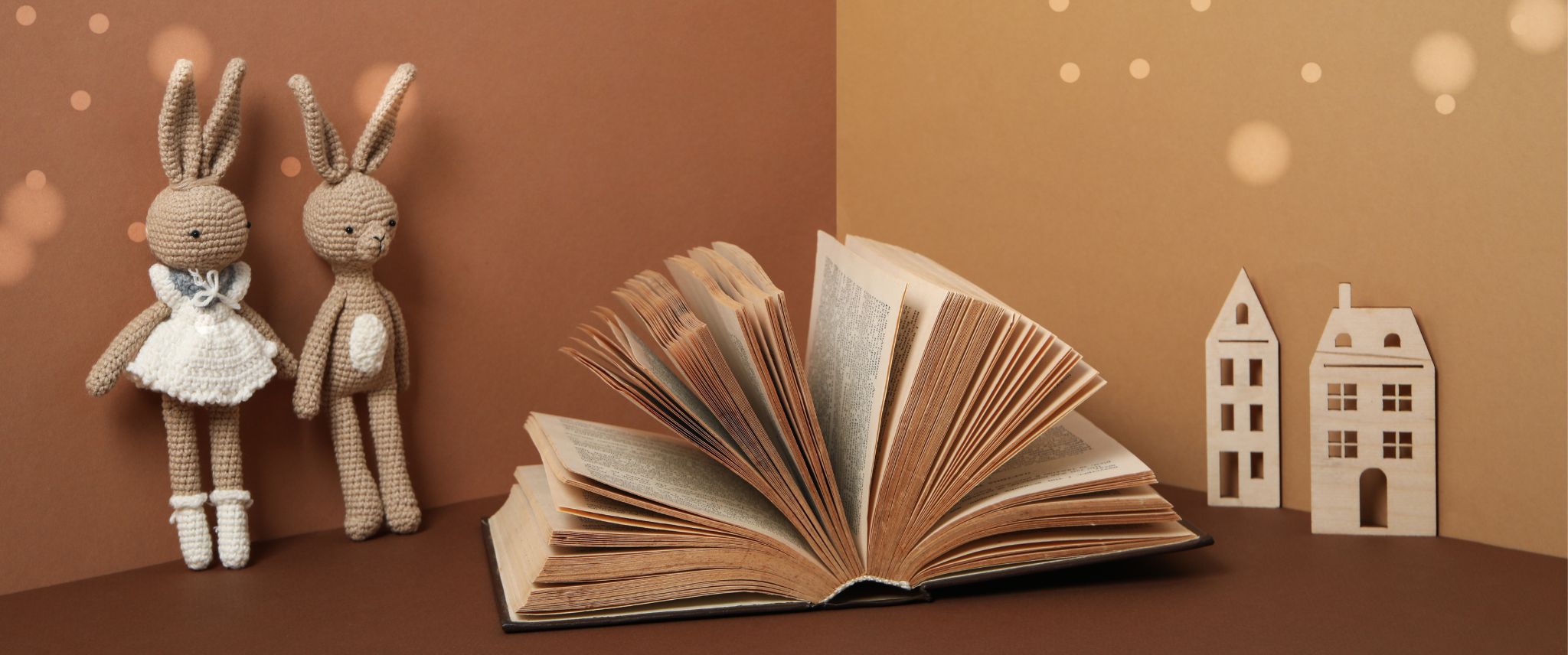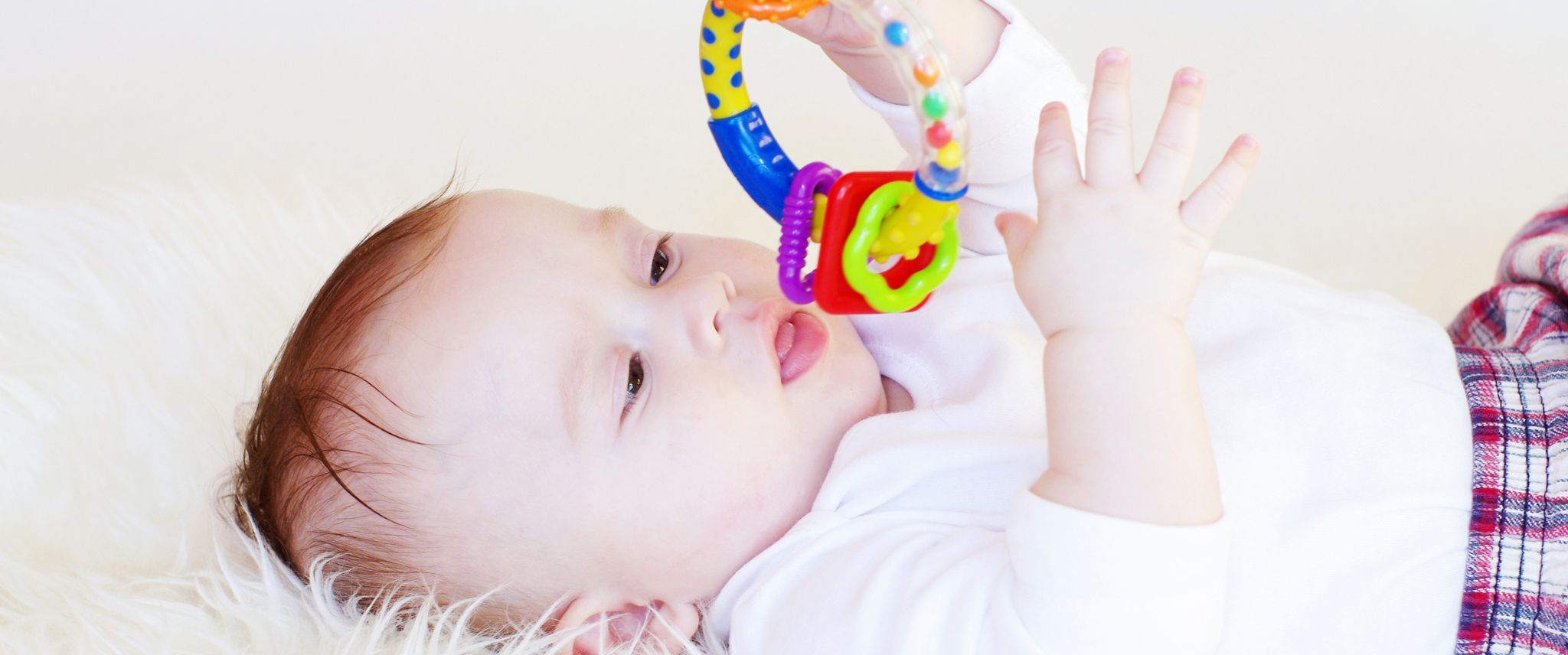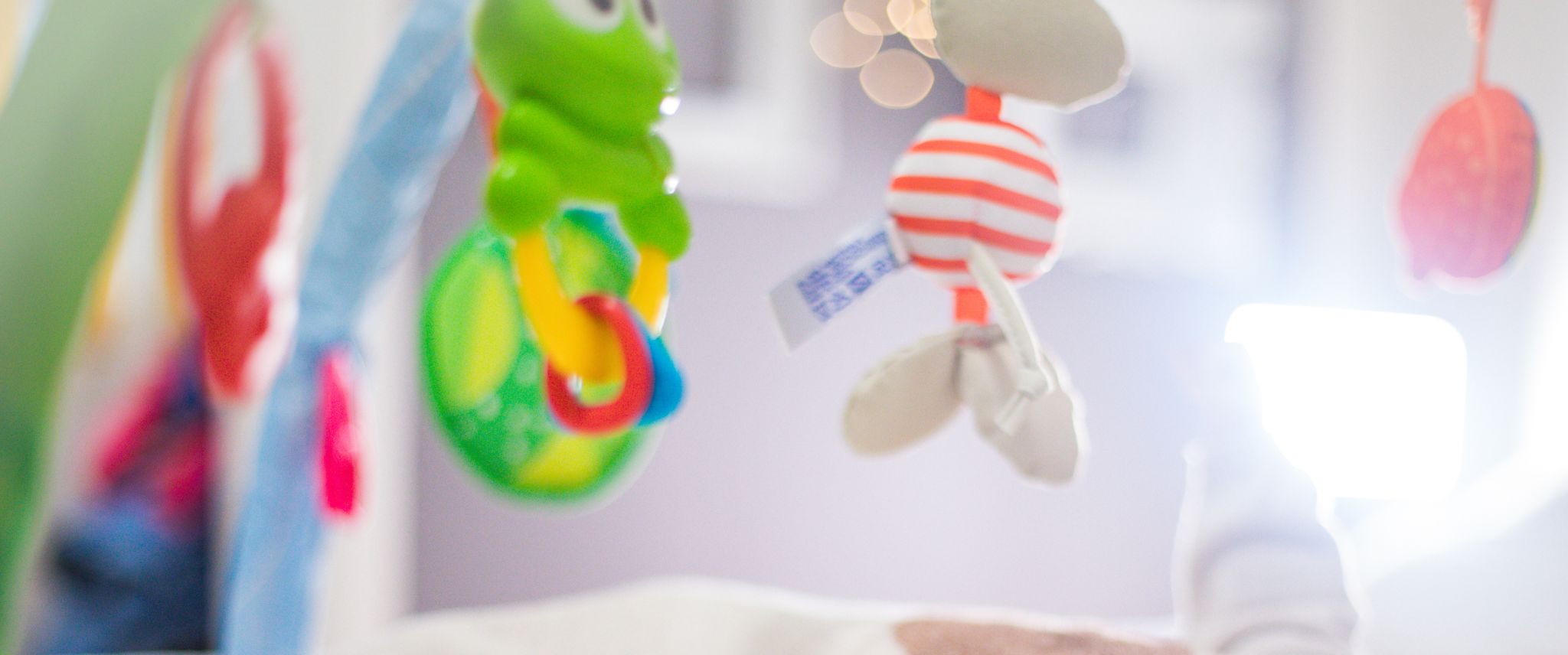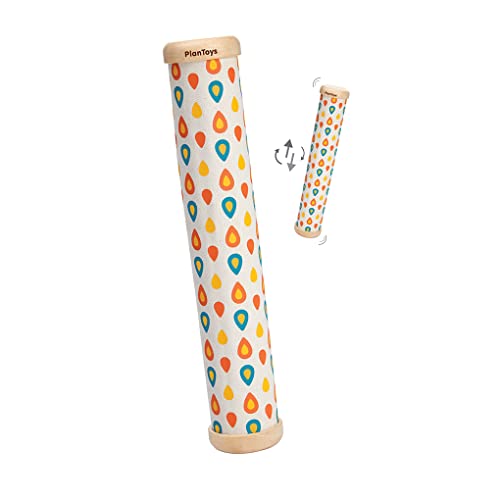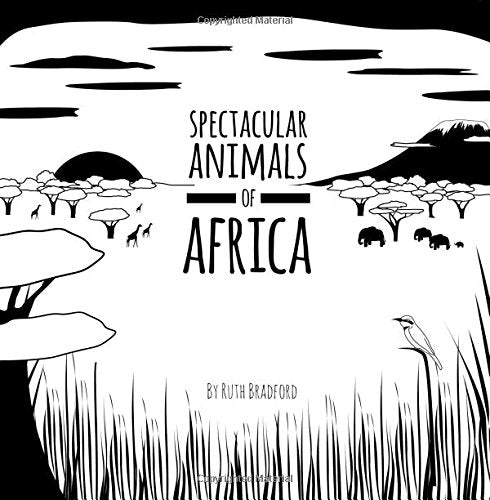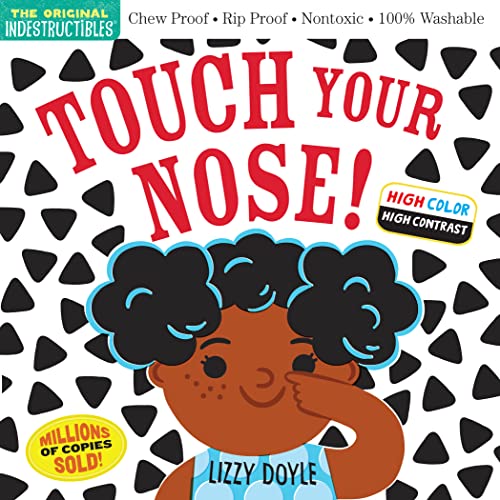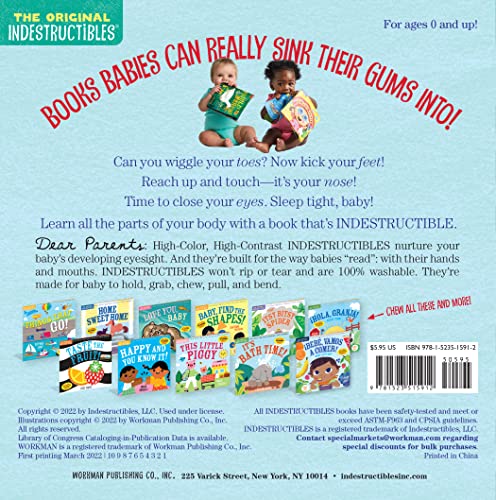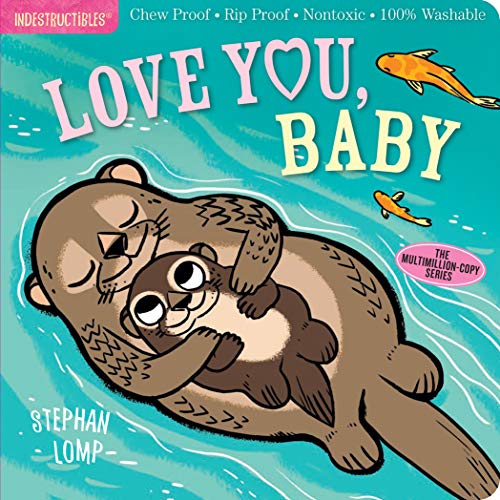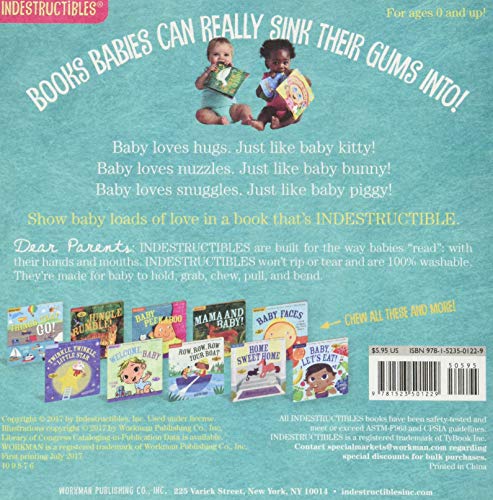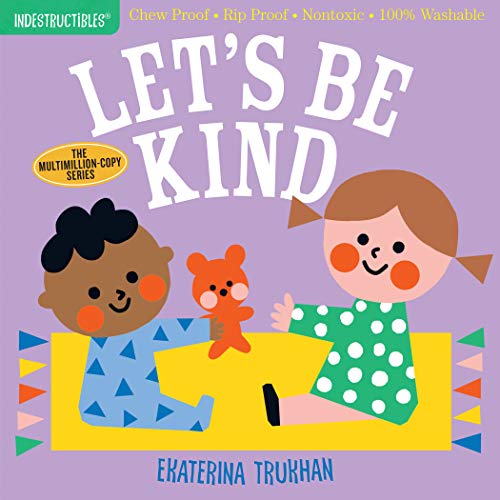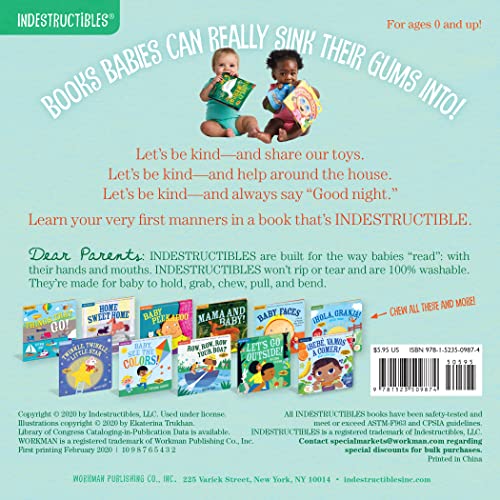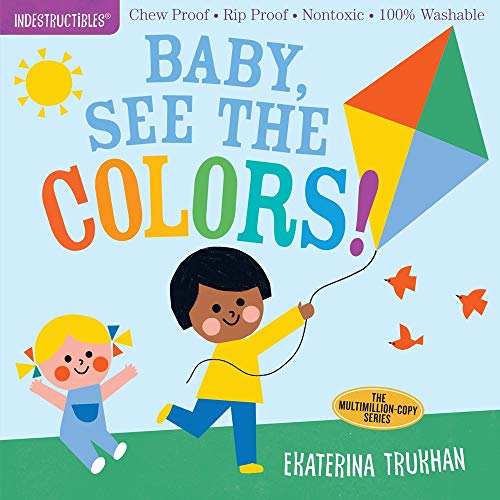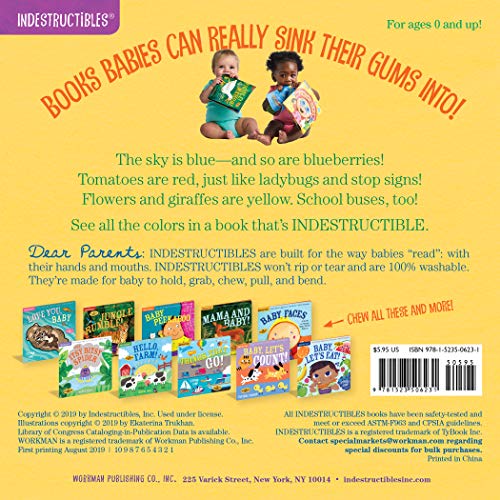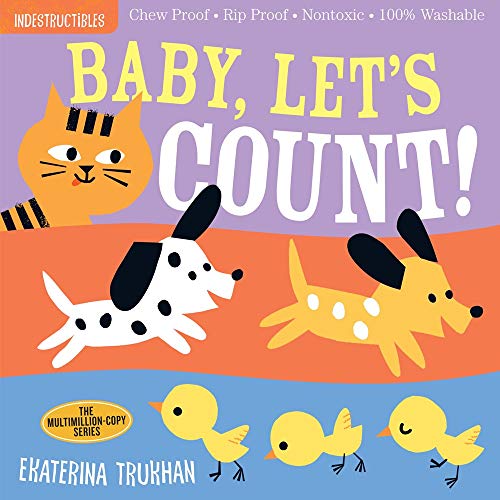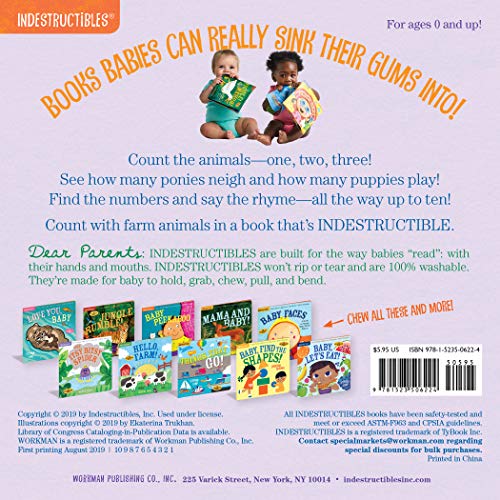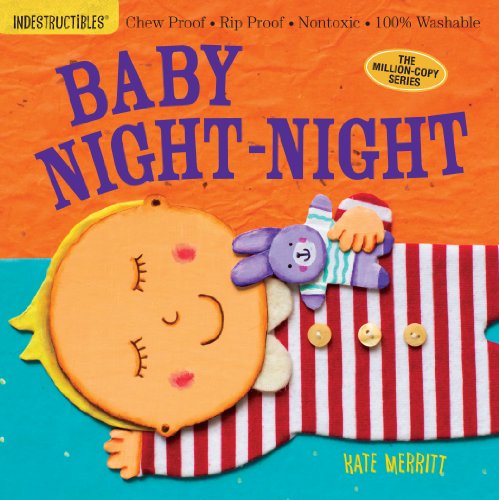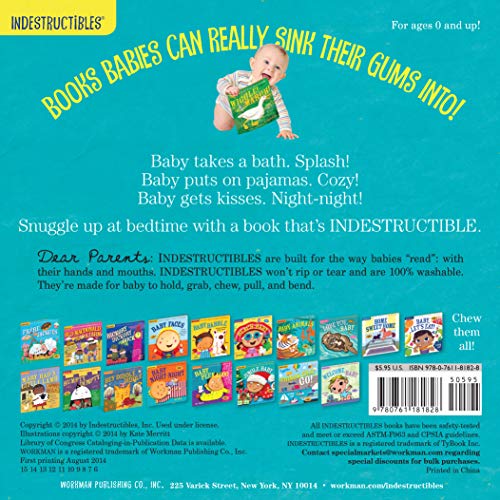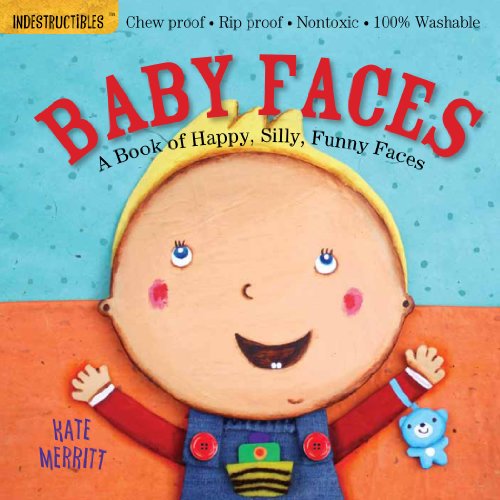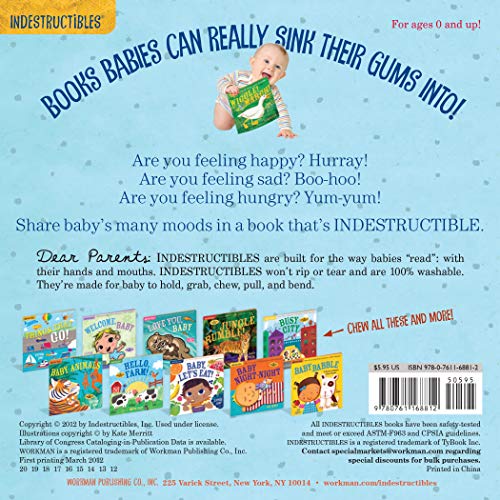Introduction
Baby Language and Communication Development and why it is important
Language and communication development is an essential aspect of a baby's overall development. It is the foundation for social interaction, cognitive development, and academic achievement. During the first few years of life, babies rapidly develop their language and communication skills, making it a crucial time for parents and caregivers to support this development.
From birth, babies begin to communicate through cries, coos, and other vocalizations. As they grow, they begin to understand the meaning of words and use them to communicate their needs and wants. By the age of two, most babies are able to use simple sentences and understand basic instructions.
As a parent or caregiver, you want to give your baby the best possible start in life. One of the most important areas of development to focus on is language and communication. In this article, we'll explore the importance of early language development, the milestones babies reach in language acquisition, and how baby toys can help language and communication development.
Language & Communication baby development
The Importance of Early Language Development
Early language and communication development is crucial for a baby's cognitive, social, and emotional development. From the moment a baby is born, they are constantly learning and absorbing language from their environment. Parents and caregivers play a vital role in supporting and encouraging their baby's language and communication skills, as these skills are the foundation for future academic success, social relationships, and emotional well-being.
Language & communication development impact on cognitive development
Language and communication skills are closely tied to cognitive development. Babies who are exposed to a rich language environment from an early age develop stronger cognitive skills, such as memory, attention, and problem-solving. Studies have shown that babies who are read to frequently have larger vocabularies and better language comprehension skills than those who are not. By exposing babies to a variety of words and sounds, parents and caregivers can help stimulate their brains and lay the foundation for future academic success.
Language & communication development impact on social development
Language and communication skills are essential for building strong social relationships. Babies who have strong language skills are better able to express their emotions, needs, and wants to others, which can lead to more positive interactions with parents, caregivers, and peers. Additionally, babies who are exposed to a variety of language and communication styles are better able to understand and appreciate different cultures and perspectives, leading to more open-mindedness and empathy.
Language & communication development impact on emotional development
Language and communication skills are also important for emotional development. Babies who are able to express their emotions through words and gestures are less likely to become frustrated and upset, leading to a more positive emotional state. Additionally, babies who are able to understand and respond to the emotions of others are better able to develop empathy and social skills, which are important for building strong relationships later in life.
Language & Communication baby development
Strategies for Supporting Language and Communication Development
Engage in games and activities
Parents play a critical role in supporting their baby's language and communication development. There are several strategies that parents can use to encourage language and communication skills in their babies, including engaging in activities and games that promote language and communication, talking to their baby frequently, and incorporating reading and singing into their daily routine.
Frequently talk to your baby
One of the most important strategies for supporting language and communication development is talking to your baby frequently. Talking to your baby helps them learn new words and understand language patterns. It also provides an opportunity for bonding and relationship building. Parents can talk to their baby during everyday activities, such as diaper changes or mealtime, as well as during dedicated playtime.
Read to your baby
Reading is another important activity for supporting language and communication development. Reading to babies helps them learn new words, understand language patterns, and develop their cognitive skills. Parents can read age-appropriate books to their babies and point out objects and pictures while reading. This helps babies associate words with objects and actions, supporting their language development.
Sing with your baby
Singing is another valuable activity for supporting language and communication development. Singing to babies helps them learn new words, understand language patterns, and develop their rhythm and musical skills. Parents can sing age-appropriate songs to their babies and encourage them to sing along.
Incorporate toys that promote language development
Engaging in play and games that promote language and communication is also crucial for supporting development. Parents can play games like peek-a-boo or Simon Says, which encourage language and communication skills. They can also incorporate toys that promote language development, such as picture books or toys that make sounds.
Respond to your baby
Parents can also encourage language and communication development by speaking in a clear and simple manner, using gestures and facial expressions, and responding to their baby's coos and babbles. By responding to their baby's attempts to communicate, parents show their baby that their communication is important and valued.
Language & Communication baby development
Milestones in Language & Communication
Language and communication skills are vital for a baby's cognitive, social, and emotional development. From birth, babies are constantly learning and absorbing language from their environment, and it's important for parents and caregivers to support and encourage their language skills. In this section, we'll explore the key language and communication milestones for babies from birth to 12 months.
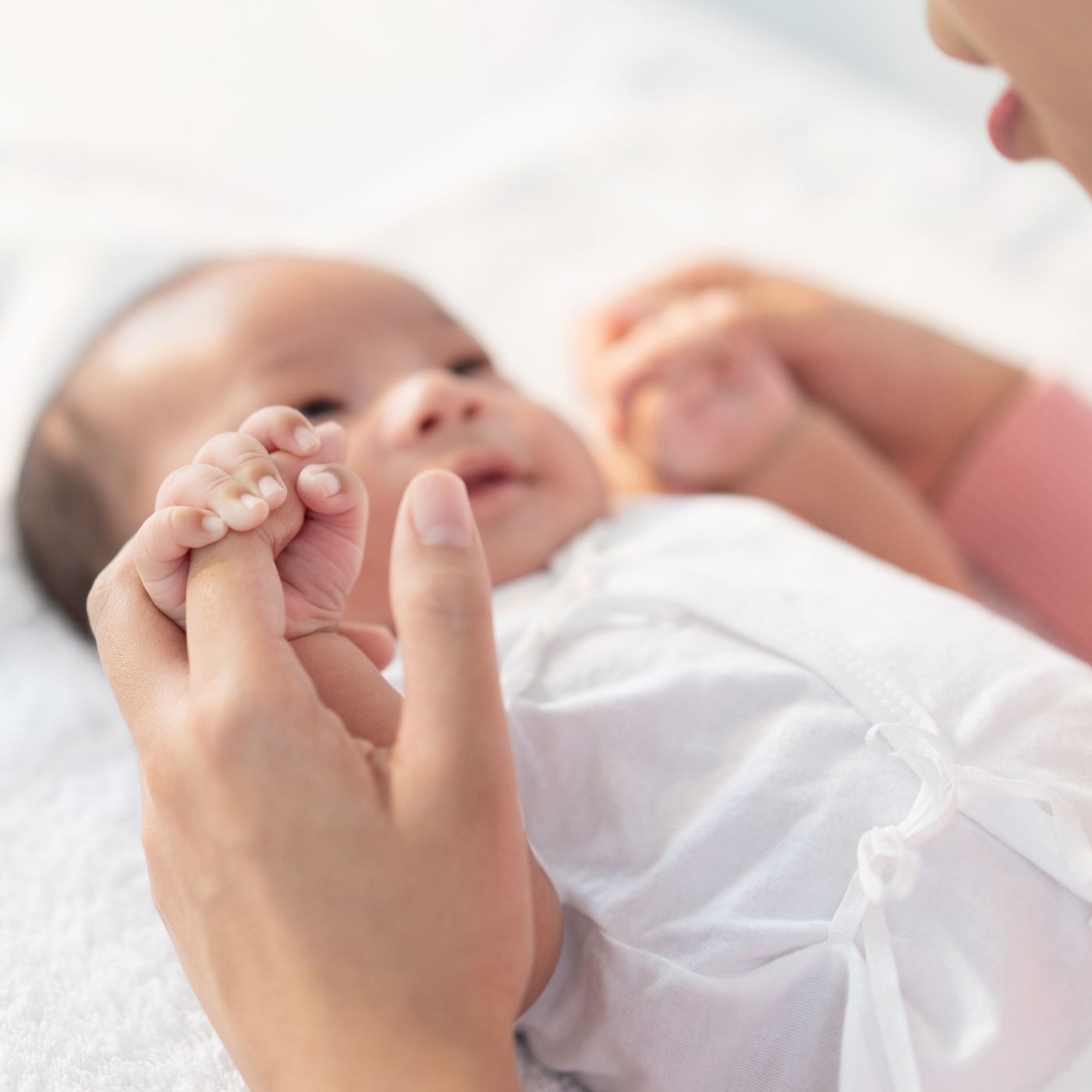
Language & Communication baby development milestones
0-2 months
- Makes sounds other than crying. Your baby may begin vocalizing anytime between the first few weeks and the second month, progressing from random experimental sighs and coos to sounds that are actually directed at toys, pets, objects and people. Around the 2-month mark, most babies will have developed a personal repertoire of vowel sounds, cooing and gurgling.
- Reacts to loud sounds.
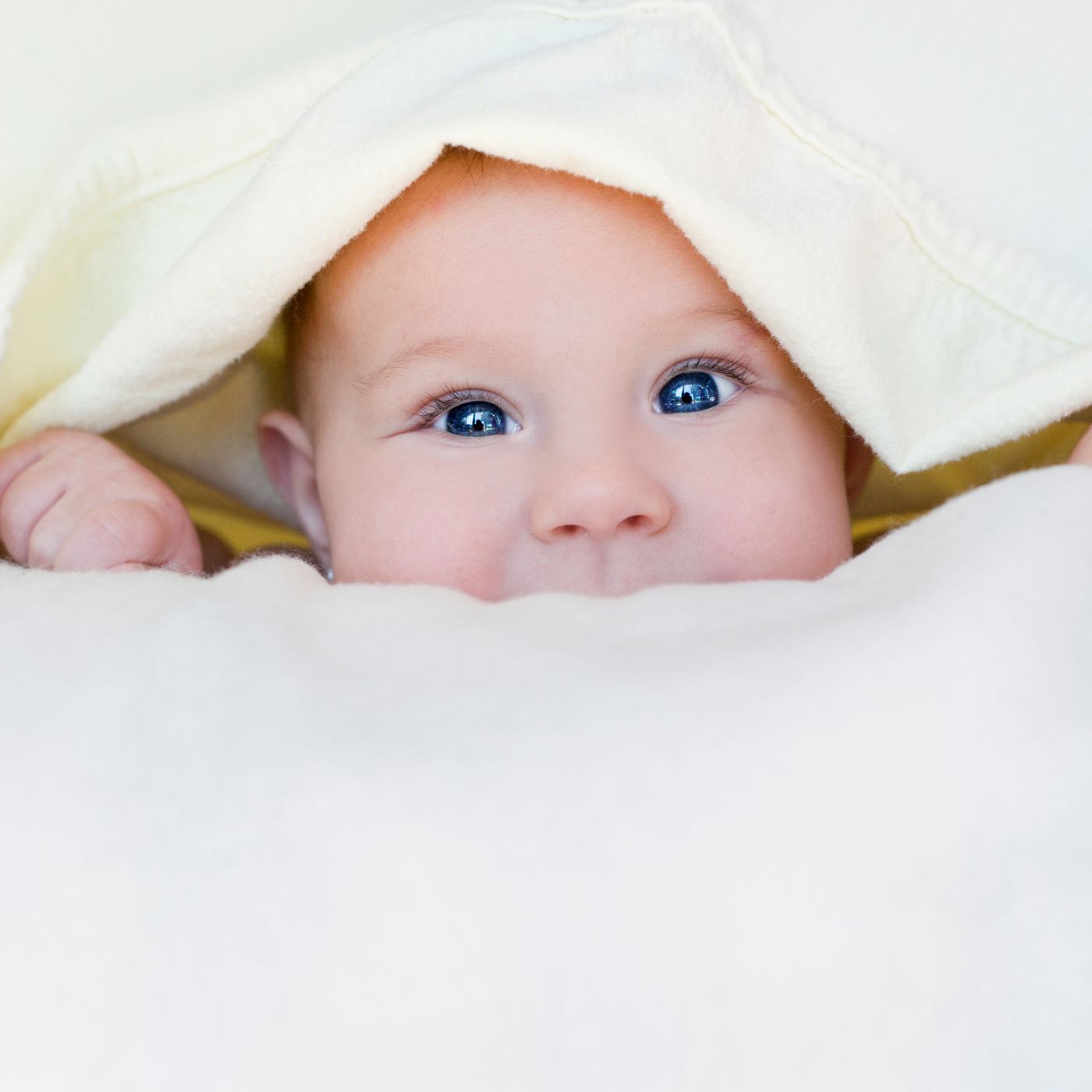
Language & Communication baby development milestones
2-4 months
- Makes sounds such as “oooo”, “aahh” (cooing).
- Makes sounds back at you when you talk to him.
- Turns her head towards the sound of your voice.

Language & Communication baby development milestones
4-6 months
- She takes turns making sounds with you.
- Blows “raspberries” (places the tongue between the lips, or alternately placing the lips against any area of skin, and blows)
- Squeals
- Begins to babble and make repetitive sounds, such as "ba-ba" and "ma-ma"
- Responds to their own name
- Begins to imitate sounds and facial expressions
- Starts to understand simple words, such as "no" and "bye-bye"
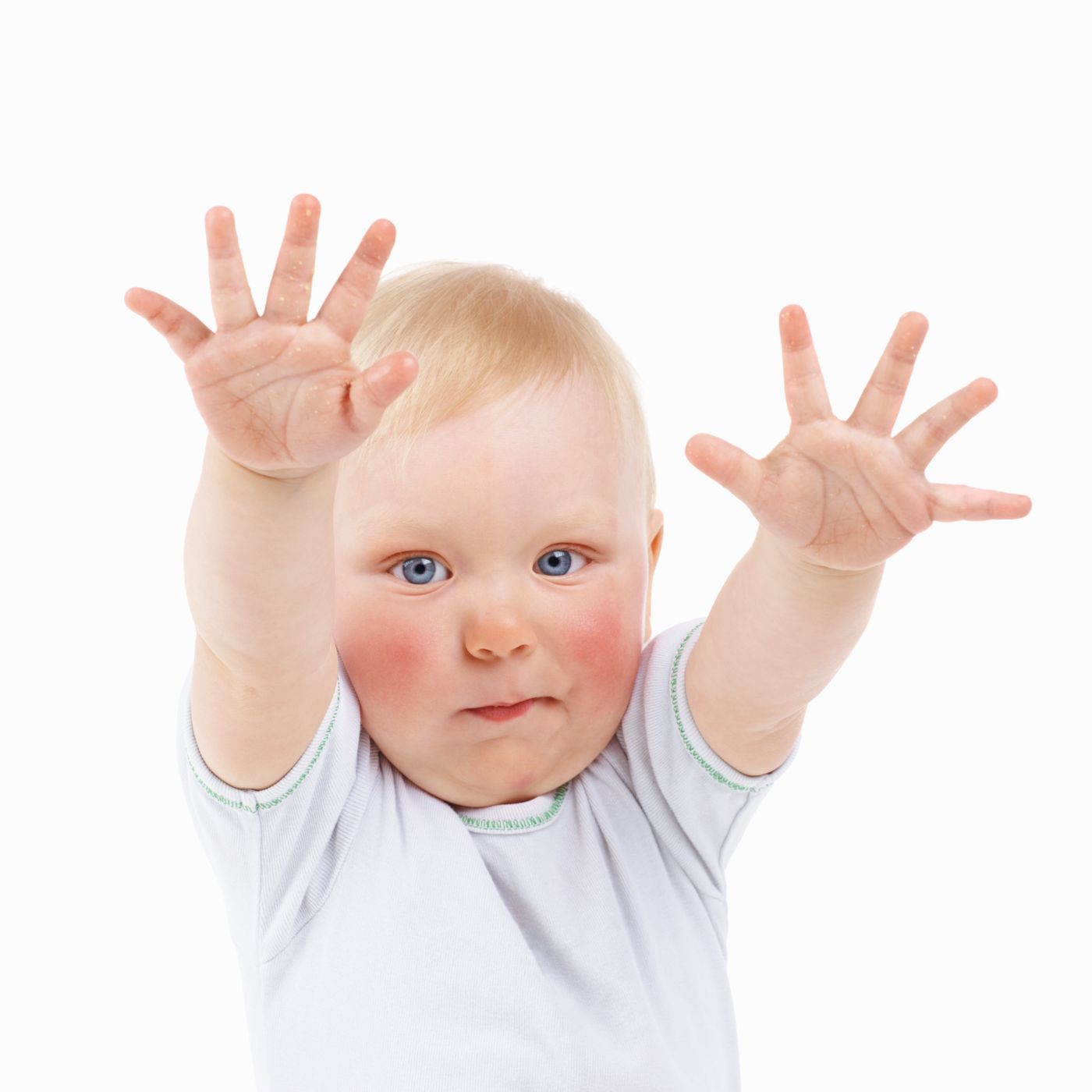
Language & Communication baby development milestones
6-9 months
- Makes many different sounds like “mamamama” and “bababababa”.
- Lifts her arms up to be picked up.
- Begins to use gestures, such as pointing and waving
- Starts to understand simple commands, such as "come here"
- Begins to say their first words, such as "mama" and "dada"
- Engages in "conversations" with others, taking turns making sounds and responding to others' sounds

Language & Communication baby development milestones
9-12 months
- Can wave “bye-bye”.
- Calls her parents “mama” or “dada” or another special name.
- Understands what “no” means (pauses briefly or stops when you say it).
- Starts to use more words and imitate words they hear
- Begins to understand simple questions, such as "where's the ball?"
- Uses gestures and sounds to communicate more effectively
- Enjoys making sounds and "talking" with others
How Baby Toys Can Help Language & Communication Development
Baby toys can play an important role in promoting language and communication development. Toys that make noise, have different textures, and can be manipulated help babies develop their fine motor skills, hand-eye coordination, and language skills. For example, toys that have buttons to press or knobs to turn can help babies develop their ability to problem-solve and understand cause-and-effect relationships.
What Types of Baby Toys Are Particularly Good for Language & Communication Baby Development?
There are many types of baby toys that can promote language and communication development. Here are some examples:
Board books
Board books with simple pictures and text can help babies develop their vocabulary and understanding of language.
Rattles and shakers
These toys promote the development of fine motor skills and hand-eye coordination, as well as helping babies understand cause-and-effect relationships.
Activity gyms
Activity gyms provide opportunities for babies to explore different textures and sounds, and can help develop their cognitive and language skills.
Baby musical instruments
Toys like maracas or small drums can help babies develop their sense of rhythm and musicality, as well as promoting language development.
THE RIGHT TOYS CAN HELP YOUR BABY DEVELOP Language & Communication SKILLS
In conclusion, language and communication development are essential aspects of a baby's overall development. By understanding the importance of early language development, the milestones babies reach in language acquisition, the different types of language development, and how baby toys can help promote language and communication skills, parents and caregivers can give babies the best possible start in life. So invest in toys that are developmentally appropriate and engage in activities that promote language and communication skills to help your baby thrive.
Sources and references
- American Speech-Language-Hearing Association. Language Development: 0-12 Months. Retrieved from https://www.asha.org/public/speech/development/01/
- Centers for Disease Control and Prevention. Important Milestones: Your Baby By One Year. Retrieved from https://www.cdc.gov/ncbddd/actearly/milestones/milestones-1yr.html
- Gottfried, J., & Bathurst, K. (2017). Toys for Tots: The Importance of Play in Child Development. The Journal of Pediatric Pharmacology and Therapeutics: JPPT, 22(4), 247–251. https://doi.org/10.5863/1551-6776-22.4.247
- National Institute of Child Health and Human Development. (2016). Talking to Your Baby. Retrieved from https://www.nichd.nih.gov/health/topics/talking-to-your-baby
- Perry, B. D. (2016). The Importance of Early Childhood Development. Retrieved from https://developingchild.harvard.edu/resources/inbrief-the-importance-of-early-childhood-development/
